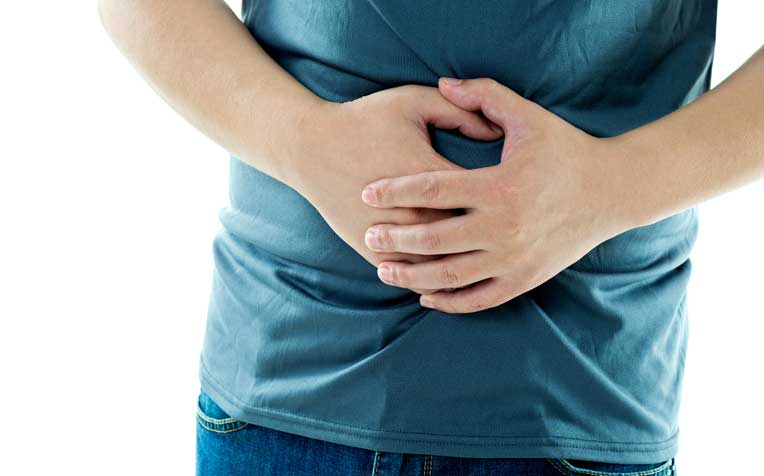HealthXchange will NEVER ask you to transfer money over a call. If in doubt, call the 24/7 ScamShield helpline at 1799, or visit the ScamShield website at www.scamshield.gov.sg.

The risk of travellers' diarrhoea increases in those who buy food from places with poor hygiene standards.
While venturing off the beaten road when travelling overseas can be thrilling, it may also put you at risk of travellers' diarrhoea.
Do you love to travel to exotic destinations and have adventure-packed holidays?
There is certainly a thrill in travelling off the beaten path, wandering around bustling local markets in foreign cities and sampling authentic street food.
Unfortunately, this kind of adventurous behaviour overseas may expose you to innumerable bacteria, viruses and parasites that thrive in such outdoor locations.
The outcome? Traveller’s diarrhoea, the most common illness affecting travellers.
Travellers’ diarrhoea occurs in 20-60 per cent of travellers, with those who buy food from street vendors and choose to eat in cafes, restaurants and bars with poor hygiene standards being at higher risk. The risk is greater for young children, the elderly and those with special health needs.
What causes travellers' diarrhoea?
Eating and drinking contaminated food and liquids are the main causes of travellers’ diarrhoea, though other factors such as stress, unfamiliar food and increased alcohol consumption may also play a part.
According to the Travel Clinic at Singapore General Hospital (SGH), a member of the SingHealth group, most episodes of diarrhoea have an infectious cause.
The risk is worldwide if you travel rough and venture away from the safe, tried and tested tourist spots for your meals.
Food that is prone to contamination includes:
- Salads
- Uncooked/unpeeled fruits and vegetables
- Shellfish and dishes containing uncooked eggs such as those with mayonnaise
- Unpasteurised products such as unpasteurised milk and ice cream
- Food from street vendors that is not freshly prepared and served hot on clean crockery
- Food such as desserts made from ice and unclean and unpurified tap water
Food and water precautions: Boil it, cook it, peel it or leave it
Food:
- Eat freshly cooked hot food
- Peel fruits and vegetables and wash in bottled or treated water before eating
- Wash hands before eating or handling food
- Avoid reheated food or food left standing
Water:
- Use bottled water (ideally fizzy water and check that the bottle seal is intact) or boil water
- Avoid ice in drinks
- Hot drinks, bottled and canned drinks are generally safe
- Clean teeth with boiled, bottled or treated water
Read on to learn about the signs and symptoms of travellers' diarrhoea, and how it can be treated.
Ref: T12
Contributed by
Related Articles
Conditions & Treatments
Public Events
Get the Health Buddy App
© 2025 SingHealth Group. All Rights Reserved.

















 Get it on Google Play
Get it on Google Play